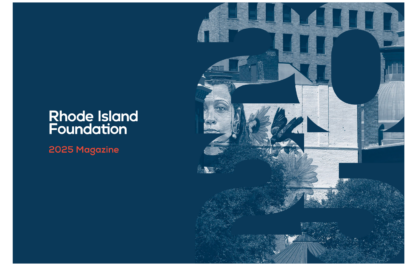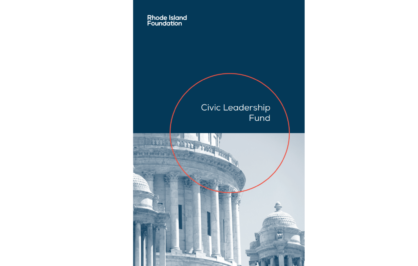
Publicación
Analysis of the Arts and Culture Sector of Rhode Island
In early 2024, the Rhode Island State Council on the Arts (RISCA) and the Rhode Island Foundation partnered with SMU DataArts, a national leader in arts research and data analysis, to assess the financial and operational health of nonprofit arts and cultural organizations across Rhode Island. The initiative aimed to understand the ongoing impacts of the COVID-19 pandemic and other challenges statewide, while also supporting collective advocacy and strategic planning. Together, we envisioned a project that would not only gather data but tell the story of resilience, challenge, and transformation across the state’s creative sector.
A multi-year survey was developed and distributed to 140 organizations that were funded by the Rhode Island Foundation and the State of Rhode Island, collecting data for fiscal years 2022 and 2023, with optional data for 2019. The survey gathered insights on organizational characteristics, financial and operating health metrics, as well as perspectives on successes, changes, and future priorities.
The resulting report offers a comprehensive look at sector trends from pre-pandemic through 2023. It highlights how organizations of varying sizes and disciplines have navigated rising costs, uneven revenue recovery, and changing audience behaviors. Despite financial pressures, many organizations prioritized programming and invested in personnel, but challenges remained. Although there were slight improvements in overall median revenue, 70% of organizations ended FY 2023 in deficit, and smaller organizations often struggled more than their larger peers.
Comparative insights with New England peers contextualize Rhode Island’s performance, offering valuable context and highlighting both strengths and areas for growth. The report identifies key priorities for the future and serves as a tool for funders, policymakers, and arts leaders by providing valuable insights into Rhode Island's current arts ecosystem.
Click here to access the full SMU DataArts report



